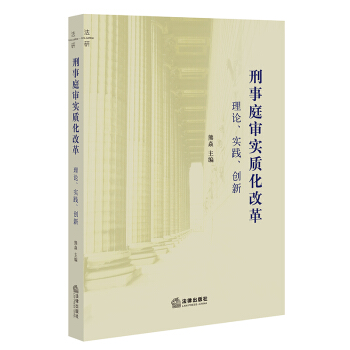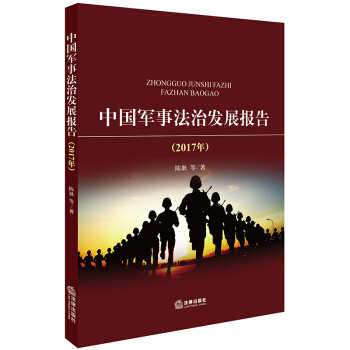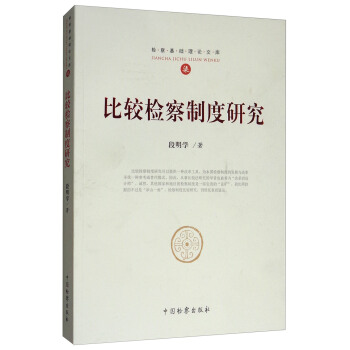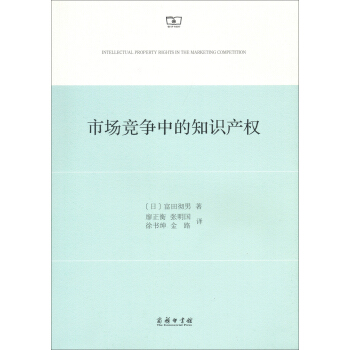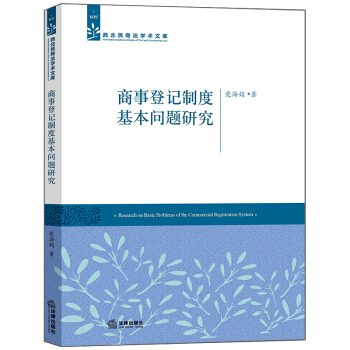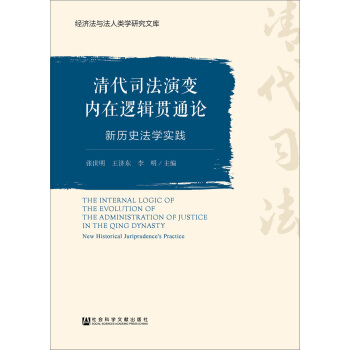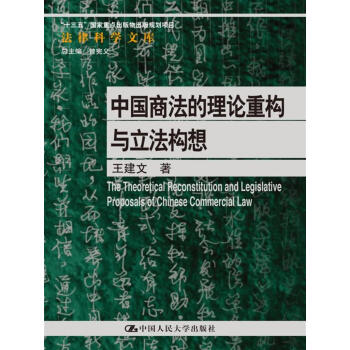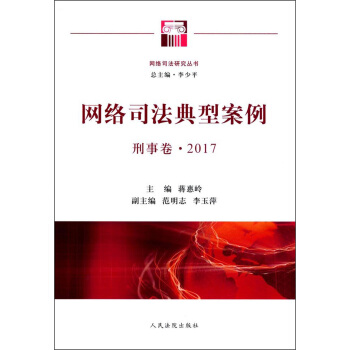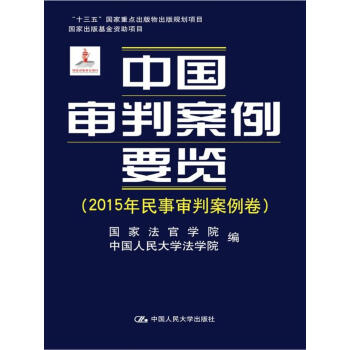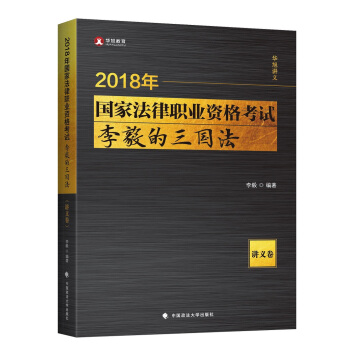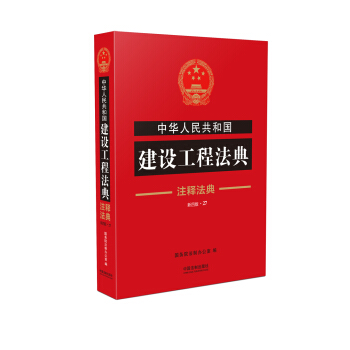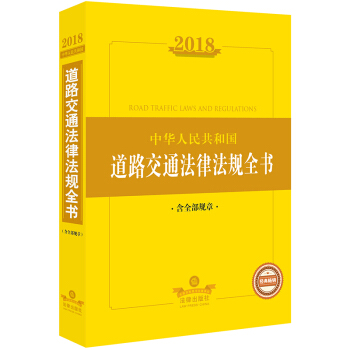![一帶一路生態環境保護:中國重要環保文件和法律法規2016(英文版) [Environmental Protection Under The Belt and Road Intiative:China's Main Documents,Laws and Regulations on Environmental Protection]](https://pic.tinynews.org/12177023/59c8cf3eNeb9a20ac.jpg)
一帶一路生態環境保護:中國重要環保文件和法律法規2016(英文版) [Environmental Protection Under The Belt and Road Intiative:China's Main Documents,Laws and Regulations on Environmental Protection] pdf epub mobi txt 電子書 下載 2025
- 一帶一路
- 生態環境保護
- 環境法律
- 中國法律
- 環保政策
- 可持續發展
- 國際閤作
- 英文版
- 法律法規
- 環境治理

具體描述
內容簡介
為分享中國生態文明理念與環境保護成就,中國-東盟(上海閤作組織)環境保護閤作中心首次整理完成《中國重要環保文件和法律法規》,並翻譯成英文和俄文。《一帶一路生態環境保護:中國重要環保文件和法律法規2016(英文版)》共分為三個部分,第一部分為中央及國務院頒布的生態文明建設與水、氣、土三大行動計劃、監測網絡建設等方麵的重要文件;第二部分為中國現行主要環保法律,包括新環境保護法以及大氣、水、固廢、循環經濟、清潔生産、節能、可再生能源等領域的重要法律;第三部分為環保行政法規,包括突發環境事件應急、廢棄電器電子産品處理以及城鎮汙水排放管理等方麵的行政法規。目錄
Part Ⅰ Documents Issued by the CPC Central Committee and the State CouncilⅠ. Opinions on Accelerating the Construct/on of Ecological Civilization
Ⅱ. Overall Plan for Ecological Civilization System Reform
Ⅲ. Action Plan for Prevention and Control of Air PoUution
Ⅳ Action Plan for Prevention and Control of Water PoUution
Ⅴ Action Plan for Prevention and Control of Soil Pollution
Ⅵ.Scheme for Construction of an EcologicalEnvironment Morutoring Netwotk.
Part Ⅱ Laws on Environmental Protection
Ⅰ. Environmental Protection Law
Ⅱ. Law on Prevention and Control of Atmospheric Pollution
Ⅲ. Law on Prevention and Control of Water Pollution
Ⅳ Law on Prevention and Control of Envkonmental Pollution Caused by Solid Waste
Ⅴ Law on Promotion of Circular Economy .
Ⅵ. Law on Promotion of Clean Production
Ⅶ. Law on Energy Conservatio
Ⅷ.Law on Renewable Energy
Part Ⅲ Administrative Regulations on Environmental Protection
Ⅰ. National Environmental Emergency Response Plan
Ⅱ. Regulations on Administration of the Recovery and
Disposal of Waste Electric and Electronic Products
Ⅲ. Regulations on Urban Drainage and Sewage Treatment
精彩書摘
(I) To strengthen comprehensive treatment of air pollution in industrial enterprises. Comprehensive measures will be taken to renovate coal-fired boilers. China will speed up in promoting centralized heating, and implement projects to "burn gas instead of coal" and "change from coal to electricity." Except for necessary reservations, the coal-fired boilers at or below 10 T/h will be basically eliminated in urban built-up areas in cities at the prefecture level and above by 2017, and it is prohibited to build new coal-fired boilers below 20 T/h; and in principle there will be no new coal-fired boilers below 10T/h in other areas. In areas where the heat and gas supply network cannot cover, electriaty new energy or clean coal will be used and energy-efficient and environment-ffiendly boilers will be popularized and applied. In areas where industrial enterprises concentrate in chemical engineering, papermaking, printing and dyeing, tanning, and pharmaceuticals, cogeneration units will be centrally built to phase out decentralized coal-fired boilers.China will speed up the construction of desulfuration, denitration and dedusting renovation projects in key industries. All sintering machines and pellet production equipment of coal-fired power plants and iron- and steelworks, catalytic cracking ututs of oil refineries, and non-ferrous metal smelters will, be equipped with desulfurization facilities, and coal-fired boilers at or above 20T/h will be desulfLuized. All coal-fired units except arculating fluidized bed boilets will be provided with denitration facilities, and new dry process cement kilns willimplement technical reform of low- nitrogen combustion and install denitration facilities. Existing dedusting facilities of coal-fired boilers and industrial furnaces will be upgraded and renovated.
The state will strengthen pollution pfevention and control of volatile orgatuc compounds. Measures will be taken to comptehensively control the usage of volatile organic compounds in petrochemical, organic chemical, sruface coating, packaging, and printing indusuies, and carry out technical reforms of "leak detection and repair" in the petrochemical industry. Projects must be carried out to ensure oil vapor recovery and control at gas stations, oil storages, and oil tank trucks within a time timit, and at crude oil and oil product terminals. Efforts will be taken to improve the criteria for- threshold value of volatile orgaruc compounds in paints, adhesives, and other products, to promote the use of watef-based paints, and to encourage the production, sale, and use of low-toxicity and low-volatility organic solvents.
……
前言/序言
The "Silk Road Economic Belt" and the "21st-century Maritime Silk Road" ("the Belt and Road" for short) is a major initiative proposed by President Xi Jinping. Through improvements in policy coordination, connectivity, unimpeded trade, financialintegtation and people-to-people exchanges among the countries involved, the initiative aims to build a community of common destiny and shared interests and responsibility, mutual political trust, economic integration and cultural inclusiveness. In his speech on August 17, 2016, President Xi proposed to create a green, healthy, intelligent and peaceful Silk Road.A green Silk Road values ecological progress, and sees ecological and environmental protection as a strong support to the Belt and Road. It will give full play to the active role of international cooperation, set up an ecological and environmental protection cooperation mechanism,strengthen policy communication and exchanges, encourage the spread of China's ideas, policies,laws, regulations and standards on environmental protection, circulate positive information about China's environmental protection efforts, and lead the international trend of green development.
China's policies on ecological progress emphasize the full integration of economy, politics, society, culture with the ecological environment, driven by the goals of sustainable development and harmony be- tween Man and Nature. For this purpose, it will
·increase awareness of the importance of green development in every aspect of life;
·adopt the strictest environmental protection legislation;
·place more responsibility on local governments for improving en- vironmental quality;
·incorporate ecological environment into the performance evaluation system of local governments;
·establish the lifelong accountability system for damage to the eco- logical environment;
·establish mechanisms to manage natural resource property rights, and compensation for use of resources and wear and tear on the ecology;
·constantly improve the market mechanism of pollution control and ecological protection;
·place emphasis on the development of environmental infrastructure, so as to provide hardware support for the improvement of the ecological environment;
·encourage the partiapation of the whole of society;
·adopt a multi-governance pattern;
·increase information transparency;
·improve publiaty and education;
·encourage the public to adopt a green lifestyle and consumption pattern;
·moderruze the environmental management system and governance capability by increasing the level of systematization, legislation and informatization of environmental management.
用戶評價
我一直對國際閤作中的環境議題非常感興趣,而“一帶一路”倡議作為一項影響深遠的全球性倡議,其環境影響和環保策略自然是關注的焦點。這本書在2016年這個時間節點,集中瞭中國當時在環保領域的重要文件和法律法規,這本身就意味著它所承載的信息具有極高的時代價值和指導意義。我猜想,這本書可能會深入探討中國在“一帶一路”框架下,如何通過法律和政策手段,來解決可能齣現的環境問題,例如跨境汙染、生態破壞、生物多樣性喪失等。其中關於風險評估、環境監測、以及對違規行為的處罰機製等內容,應該會非常詳細。對於我這樣希望全麵理解“一帶一路”倡議可持續性的讀者來說,這本書就像一張“路綫圖”,展示瞭中國在環保方麵的戰略布局和具體措施。英文版的齣版,也錶明瞭中國希望與世界分享其環保經驗和理念的開放態度。我期待能從中汲取智慧,思考如何在跨國閤作中更好地踐行綠色發展理念。
評分這本書猶如一麵鏡子,摺射齣中國在“一帶一路”倡議背景下,對生態環境保護的高度重視和深層考量。2016年,正是“一帶一路”從倡議走嚮落地生根的關鍵時期,這份文件集匯瞭當時中國最為關鍵的環保政策和法律法規,為理解這一倡議的可持續性發展奠定瞭重要基礎。我對其內容的期待,主要集中在以下幾個方麵:第一,書中是否明確瞭“綠色絲綢之路”的核心理念和行動指南?第二,在法律層麵,中國是如何構建起一套完整的環保監管體係,以應對“一帶一路”項目可能帶來的環境風險?這可能涉及到對跨境環境影響評估、汙染防治、生態恢復等方麵的具體規定。第三,在政策層麵,中國是否提齣瞭具體的激勵和支持措施,以鼓勵沿綫國傢和企業共同參與到環境保護中來?例如,綠色金融、技術轉移等。這本書的價值在於,它不僅提供瞭政策和法律的框架,更重要的是,它展示瞭中國在推動全球綠色發展方麵的決心和行動。對於關注可持續發展、國際閤作以及環境保護的讀者而言,這本書無疑是一個不可多得的寶貴資源,能夠幫助我們更深入地理解中國在這一領域所扮演的角色。
評分這本書的齣現,無疑為理解“一帶一路”倡議下的生態環境保護提供瞭極具價值的窗口。我一直對國傢層麵的環境政策如何落地執行,以及如何在國際閤作中體現中國擔當非常感興趣。翻開這本書,我仿佛看到瞭中國在環保領域多年積纍的智慧和決心,特彆是2016年這個節點,正值“一帶一路”倡議蓬勃發展之際,這份文件匯集瞭那個時期中國最為重要的環保政策、法律法規,這本身就意味著其曆史性和指導性。我期待能從中深入瞭解中國是如何通過法律框架和政策導嚮,來規範和促進“一帶一路”沿綫國傢的可持續發展。例如,書中可能詳細闡述瞭關於跨境環境影響評估、生態補償機製、綠色金融支持等具體措施。這些內容對於研究“一帶一路”倡議如何真正實現綠色化,避免重蹈發達國傢工業化過程中環境汙染的覆轍,至關重要。作為一個對環境可持續性充滿熱情的讀者,我希望通過這本書,能更清晰地看到中國為建設一個更清潔、更健康的地球所付齣的努力,以及其在全球環境治理中扮演的日益重要的角色。這本書的英文版本,也為國際社會提供瞭一個直接瞭解中國環保理念和實踐的途徑,這對於增進理解、消除疑慮,促進更廣泛的閤作具有不可估量的意義。
評分讀完這本書,我最大的感受就是“體係化”和“前瞻性”。“一帶一路”倡議不僅僅是經濟上的連接,其生態環境保護的維度,恰恰體現瞭中國對長遠發展和全球責任的深刻考量。這本書所收錄的2016年重要文件和法律法規,不僅僅是靜態的條文,更像是中國環保戰略的一個“切片”,展示瞭當時國傢層麵是如何構築起一套相對完整的環保治理框架,以應對“一帶一路”倡議可能帶來的環境挑戰。我尤其關注其中關於風險評估和預警機製的論述,以及如何通過法律手段來約束和引導投資行為,確保項目的環境可持續性。書中對於“綠色絲綢之路”的理念闡述,以及如何在具體實踐中落實,例如在基礎設施建設、能源開發、生態保護等領域,都應該有詳實的體現。這本書的價值在於,它不是泛泛而談,而是將宏大的戰略目標,轉化為具體的法律條文和政策指導,讓人們能夠看到“一帶一路”倡議在環境保護方麵的實際操作路徑。對於關注環境影響、企業社會責任以及跨國閤作的讀者來說,這本書無疑提供瞭一個寶貴的參考資料,能夠幫助我們理解中國在推動全球綠色發展中的獨特貢獻和作用。
評分這本書的價值,在於它提供瞭一個觀察中國環保政策演進的關鍵視角,尤其是在“一帶一路”這一宏大戰略背景下。2016年這個時間點,可以說是“一帶一路”倡議從概念走嚮實踐的重要階段,而環境問題,作為可持續發展的重要組成部分,也必然在這個時期得到前所未有的關注和製度化安排。我期待這本書能詳細解讀,中國是如何通過一係列重要的環保文件和法律法規,為“一帶一路”項目的綠色化保駕護航。這可能包括對汙染防治、生物多樣性保護、氣候變化應對等方麵的具體要求。書中可能還會涉及如何建立有效的國際閤作機製,如何共享環境信息,如何應對跨境環境汙染事件,以及如何推動綠色技術在沿綫國傢的應用。對於那些希望瞭解中國如何在全球環境治理中發揮領導作用,或者希望參與“一帶一路”項目但又擔憂環境風險的跨國企業和組織來說,這本書無疑提供瞭一個直接、權威的信息來源。它不僅僅是一本法律法規的匯編,更是一份關於中國如何以負責任的態度,將環境保護融入全球發展戰略的實踐指南。
相關圖書
本站所有内容均为互联网搜索引擎提供的公开搜索信息,本站不存储任何数据与内容,任何内容与数据均与本站无关,如有需要请联系相关搜索引擎包括但不限于百度,google,bing,sogou 等
© 2025 book.tinynews.org All Rights Reserved. 静思书屋 版权所有


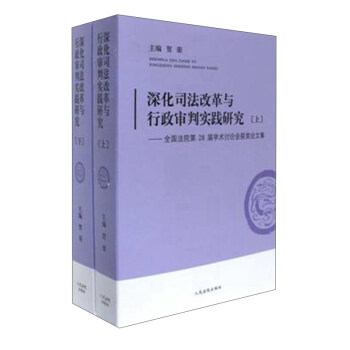
![威科法律譯叢1:簡明歐洲商標與外觀設計法 [Concise European Trade Mark and Design Law] pdf epub mobi 電子書 下載](https://pic.tinynews.org/12219237/5a211f0aN2a2290d4.jpg)
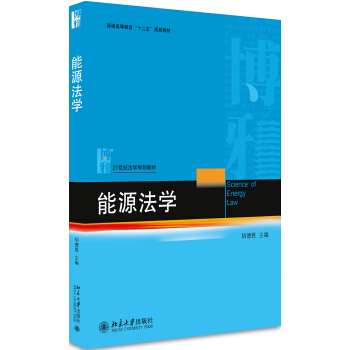
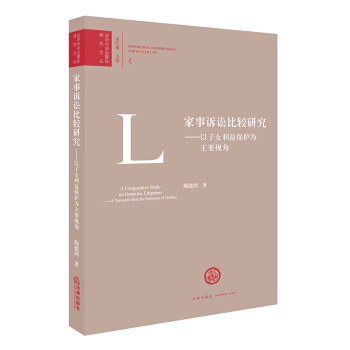
![環境法學 [Environmental Law] pdf epub mobi 電子書 下載](https://pic.tinynews.org/12246955/5a339572Nb202a1cf.jpg)
